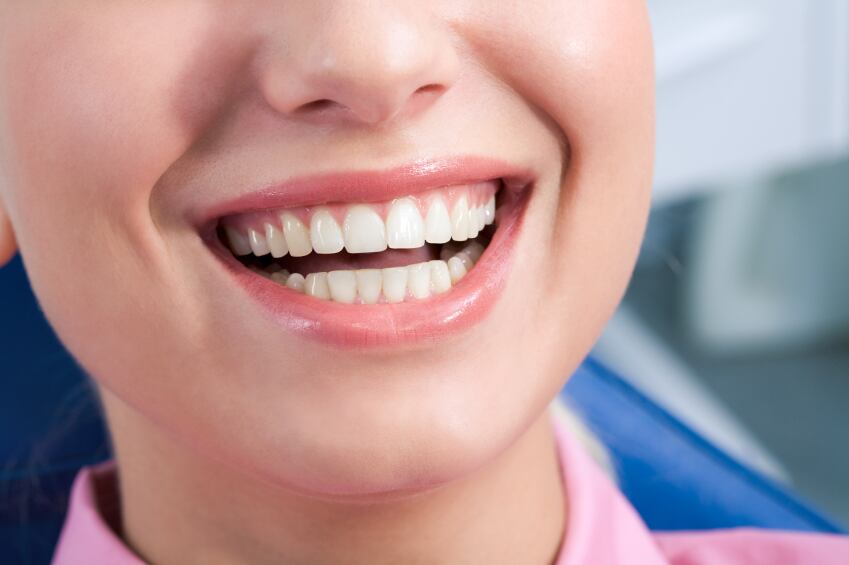Conclusions drawn from a population of community-dwelling elderly adults suggests that the elderly with less teeth, poorer dental hygiene, and more dental caries ingest more harmful microbiota.
The team found higher numbers of Prevotella, Veillonella, and Streptococcus bacterial species’ and a larger number of fungal species.
“Fewer teeth, poorer dental hygiene, and more dental caries (cavities) experience are closely related to dysbiotic shift in the tongue microbiota composition,” said Dr Yoshihisa Yamashita, who works at the dental science faculty at Kyushu University in Japan.
“This might be harmful to the respiratory health of elderly adults with swallowing problems," said Dr Yamashita, who is also the study’s corresponding author.
Impairments in swallowing and cough reflux that are associated with aging can result in the aspiration of microorganisms into the lower respiratory tract causing pulmonary infection.
Swallowing disorders are highly prevalent in elderly patients with pneumonia, which is a major cause of death among elderly adults.
Although aspirated saliva contains microorganisms colonising various oral sites, their bacterial composition indicates that the dominant source is the microbiota formed on the tongue.
Here, the microbial community is packed less densely than dental plaque, allowing the bacterial cells ready access to sufficient nutrients via saliva.
The research team suggested that this structure could aid in the release of resident microorganisms into the saliva.
Oral hygiene examination
The team registered 506 adults aged 70 to 80 years, who all received a dental examination prior to enrolment, collecting tongue microbiota samples, which were then analysed.
Dr Yamashita and his team found that the total bacterial density was independent of the conditions of teeth surrounding the tongue, whereas the microbiota composition, especially the relative abundances of predominant commensals, showed an association with tooth conditions.
"Commensal microbiota composition, especially the relative abundances of predominant commensals, showed an association with tooth conditions," he said.
"Two cohabiting groups of predominant commensals exist in the tongue microbiota; one of which was primarily composed of Prevotella histicola, Veillonella atypica, Streptococcus salivarius, and Streptococcus parasanguinis, which have been previously associated with an increased risk of mortality due to pneumonia in the frail elderly.
“This bacterial group was more predominant in the elderly with fewer teeth, a higher plaque index, and more dental caries-experienced teeth."
The team said that while Prevotella, Veillonella, and Streptococcus are not typical respiratory pathogens, they are known to be causative agents of pulmonary infections such as pneumonia and lung abscesses.
‘Increased mortality risk from pneumonia’
“Our prospective cohort study demonstrated that a higher relative abundance of group I commensals (Prevotella histicola, Veillonella atypica, Streptococcus salivarius, and Streptococcus parasanguinis II) on the tongue was implicated in an increased mortality risk from pneumonia in frail elderly adults in nursing homes,” the study concluded.
Greater amounts of fungi, which contained higher relative abundances of Streptococcus species, were located on the tongue microbiota of the elderly with fewer teeth, poorer dental hygiene, and more dental caries experience.
“Synergistic interactions between streptococci and Candida via coaggregation, signalling, and metabolic processes might promote their growth on the tongue,” the team suggested.
“The tongue dorsum should be treated with caution as a potential reservoir of oral fungi in the individuals who wore dentures, as well as in the dentate elderly with fewer teeth, poorer dental hygiene, and more dental caries experience.”
Source: mSphere
Published online ahead of print: DOI: 10.1128/mSphere.00332-18
“Tongue Microbiota and Oral Health Status in Community-Dwelling Elderly Adults.”
Authors: Mikari Asakawa, et al



